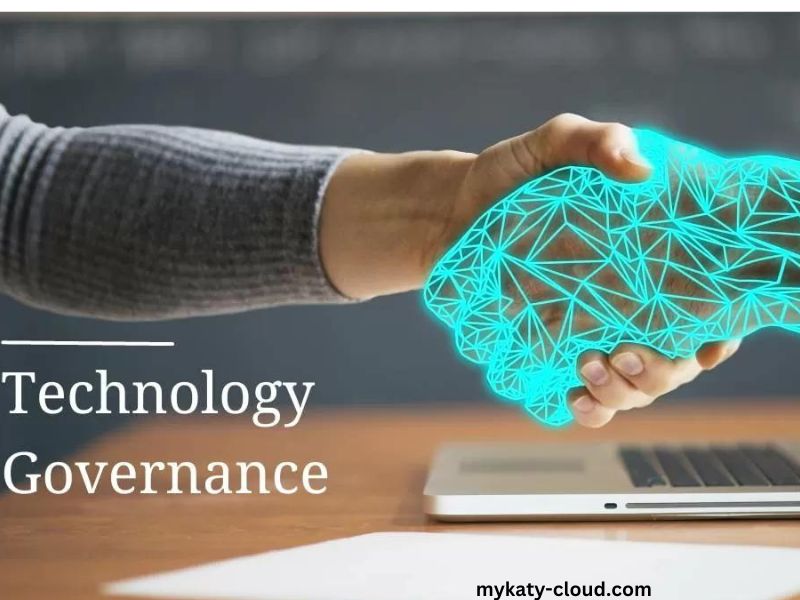Technology is an integral part of modern life, influencing every aspect of how we live, work, and interact with the world around us. From the simplest tools of ancient civilizations to the complex digital systems of today, technology has been a driving force behind human progress. This article explores the concept of technology, tracing its evolution, examining its impact on society, and speculating on what the future might hold.
The Definition of Technology
At its core, technology is the application of scientific knowledge for practical purposes. It encompasses a wide range of tools, systems, and processes that are used to solve problems, enhance efficiency, and improve the quality of life. The word “technology” itself is derived from the Greek words “techne,” meaning art or craft, and “logos,” meaning word or discourse. This etymology reflects the broad scope of technology, encompassing both the practical and the theoretical aspects of human innovation.
The Evolution of Technology
Prehistoric and Ancient Technologies
The history of technology is as old as humanity itself. The first tools created by early humans, such as stone axes and fire, are examples of primitive technology. These early innovations were crucial for survival, enabling humans to hunt, cook food, and protect themselves from predators.
As societies evolved, so did their technologies. The invention of the wheel, around 3500 BCE, revolutionized transportation and trade, laying the foundation for the development of more complex societies. The ancient Egyptians, Greeks, and Romans made significant advancements in architecture, engineering, and medicine, many of which continue to influence modern technology.
The Industrial Revolution
The Industrial Revolution, which began in the late 18th century, marked a significant turning point in the history of technology. The development of steam engines, mechanized manufacturing, and improved transportation systems transformed economies and societies across the globe. The mass production of goods became possible, leading to the rise of factories and urbanization. This era also saw the birth of modern science and engineering, as inventors and researchers sought to harness the power of technology to solve new challenges.
The Digital Age
The 20th century brought about the Digital Age, characterized by the development of computers, the internet, and other digital technologies. The invention of the transistor in 1947 laid the groundwork for the creation of modern computers, while the development of the World Wide Web in the 1990s revolutionized communication and information sharing.
Digital technology has since permeated nearly every aspect of life, from personal devices like smartphones and laptops to complex systems that power industries, governments, and global economies. The rise of artificial intelligence, big data, and cloud computing are further pushing the boundaries of what is possible, creating new opportunities and challenges for society.
The Impact of Technology on Society
Economic Impact
Technology has been a driving force behind economic growth, increasing productivity, and creating new industries and job opportunities. The rise of automation and digitalization has transformed traditional industries, leading to the decline of some jobs and the creation of others. For example, the advent of the internet has given rise to new sectors like e-commerce, digital marketing, and software development, while reducing the demand for jobs in manufacturing and retail.
However, this technological progress has also led to economic disparities, as those with access to advanced technology and education benefit more than those without. The digital divide— the gap between those who have access to modern information and communication technology and those who do not— is a significant challenge that needs to be addressed to ensure that the benefits of technology are shared equitably.
Social Impact
Technology has profoundly impacted social structures and relationships. The invention of the telephone, radio, and television transformed communication in the 20th century, while the internet and social media have done the same in the 21st century. These technologies have made it easier to connect with others, share information, and participate in global conversations.
However, the rise of digital technology has also led to concerns about privacy, security, and the erosion of traditional social bonds. Social media, in particular, has been criticized for contributing to issues like cyberbullying, misinformation, and the spread of echo chambers, where individuals are only exposed to information that reinforces their existing beliefs.
Cultural Impact
Technology has also had a significant impact on culture, influencing the way we create, consume, and share art, music, literature, and other forms of expression. The rise of digital media has democratized access to cultural content, allowing anyone with an internet connection to access a vast array of creative works from around the world.
At the same time, technology has changed the way we create and consume culture. The rise of platforms like YouTube, Instagram, and TikTok has given rise to new forms of creativity and self-expression, while also raising questions about the commercialization of culture and the impact of algorithms on what content is seen and shared.
The Future of Technology
Emerging Technologies
As we look to the future, several emerging technologies have the potential to transform society in profound ways. These include:
- Artificial Intelligence (AI): AI is poised to revolutionize industries ranging from healthcare to finance to transportation. While AI has the potential to increase efficiency and improve decision-making, it also raises ethical concerns, particularly regarding job displacement, privacy, and the potential for bias in decision-making algorithms.
- Quantum Computing: Quantum computers, which leverage the principles of quantum mechanics, have the potential to solve complex problems that are currently beyond the capabilities of classical computers. This could lead to breakthroughs in fields like cryptography, drug discovery, and climate modeling.
- Biotechnology: Advances in biotechnology, such as CRISPR gene editing and synthetic biology, have the potential to revolutionize medicine, agriculture, and environmental conservation. However, these technologies also raise ethical questions about genetic modification, biosecurity, and the potential for unintended consequences.
- Renewable Energy: As concerns about climate change continue to grow, the development of renewable energy technologies, such as solar, wind, and battery storage, will be crucial for transitioning to a more sustainable energy system. The widespread adoption of electric vehicles and the development of smart grids are also key components of this transition.
- Space Exploration: Advances in space technology, such as reusable rockets and satellite constellations, are opening up new possibilities for space exploration and commercialization. The potential for mining asteroids, establishing lunar bases, and even colonizing Mars are no longer confined to the realm of science fiction.
Ethical and Societal Considerations
As technology continues to evolve, it will be essential to address the ethical and societal implications of these advancements. This includes ensuring that the benefits of technology are shared equitably, addressing concerns about privacy and security, and managing the potential risks associated with emerging technologies.
For example, the rise of AI has led to debates about the potential for job displacement, as well as concerns about the use of AI in surveillance and decision-making. Ensuring that AI is developed and deployed in a way that is transparent, accountable, and aligned with human values will be crucial for maximizing its benefits while minimizing its risks.
Similarly, the development of biotechnology raises questions about the ethics of genetic modification, the potential for biosecurity risks, and the need for robust regulatory frameworks to ensure that these technologies are used responsibly.
Conclusion
Technology is a powerful tool that has shaped human history and will continue to shape the future. From the earliest tools used by our ancestors to the advanced digital systems of today, technology has been a driving force behind progress, enabling us to solve complex problems, improve our quality of life, and expand our horizons.
However, as we look to the future, it will be essential to ensure that the development and deployment of technology are guided by ethical principles and a commitment to the common good. This means addressing the digital divide, ensuring that the benefits of technology are shared equitably, and managing the potential risks associated with emerging technologies.
Ultimately, the future of technology will depend on the choices we make as individuals, communities, and societies. By harnessing the power of technology responsibly, we can create a future that is more inclusive, sustainable, and prosperous for all.



